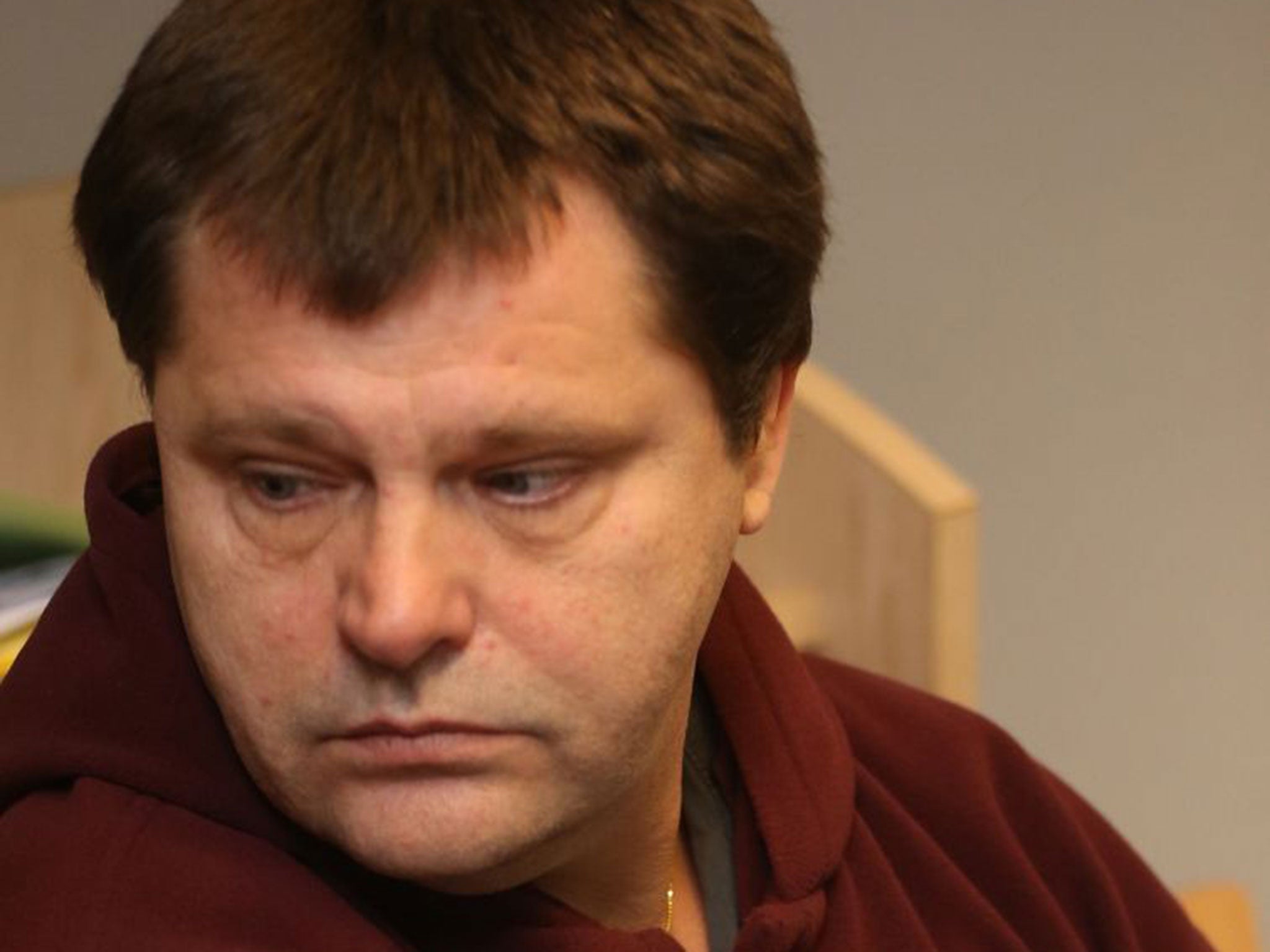Murderer and rapist Frank Van Den Bleeken granted right to euthanasia rather than the 'unbearable suffering' of life in prison
Frank Van Den Bleeken wins right to die rather than life of 'unbearable psychological suffering'

Your support helps us to tell the story
From reproductive rights to climate change to Big Tech, The Independent is on the ground when the story is developing. Whether it's investigating the financials of Elon Musk's pro-Trump PAC or producing our latest documentary, 'The A Word', which shines a light on the American women fighting for reproductive rights, we know how important it is to parse out the facts from the messaging.
At such a critical moment in US history, we need reporters on the ground. Your donation allows us to keep sending journalists to speak to both sides of the story.
The Independent is trusted by Americans across the entire political spectrum. And unlike many other quality news outlets, we choose not to lock Americans out of our reporting and analysis with paywalls. We believe quality journalism should be available to everyone, paid for by those who can afford it.
Your support makes all the difference.A convicted murderer and rapist who argued he was living a life of unbearable psychological suffering in prison has been granted the right to die under Belgium’s liberal euthanasia laws, paving the way for at least 15 similar requests from other inmates.
Since 2002, people living in Belgium can ask doctors to end their lives if a panel of medical experts agree that their physical or mental suffering is unbearable and irreversible.
Frank Van Den Bleeken, a 50-year-old serving life for sexual assault and murder, argued he would never be able to overcome his violent impulses and would spend his life in prison.
“I’m a danger to society,” he told state broadcaster VRT in a documentary earlier this year. “What am I supposed to do? What’s the point in sitting here until the end of time and rotting away? I’d rather be euthanised.”
Van Den Bleeken has been imprisoned for 30 years and asked to end his life three years ago. The board that assesses each case said he had to seek psychological help first but after he failed to find such treatment, his request was granted on Monday.
Van Den Bleeken’s lawyer, Jos Vander Velpen, said his client would be transported to a hospital two days before his death “so he can say his farewells to his family in humanly dignified conditions”.
No date was given for the medically-induced suicide, which will be the first time Belgium’s euthanasia laws have been applied to a serving prisoner. Capital punishment was outlawed in the country in 1996, with the last execution taking place in 1950.
Dr Wim Distelmans, a palliative care doctor who has been an advocate of the country’s euthanasia laws, told De Standaard newspaper he was aware of 15 more inmates who had requested information about euthanasia and that he expected the number to rise. But he warned that euthanasia must not be used as an alternative to giving prisoners the care they need.
Van Den Bleeken had applied for a transfer to The Netherlands for treatment at a specialised psychiatric centre but his request was denied.
However, Dr Stefaan Van Gool, from the University of Leuven, who has spoken out against the country’s euthanasia laws in the past, was not convinced Van Den Bleeken met all the legal requirements because one avenue for treatment had not been explored.
“You have to question whether, after 30 years in prison, one can take this decision completely alone or whether there is influence from the surroundings,” he told The Independent.
While a large majority of Belgians back the euthanasia laws and about 1,400 people a year choose to end their lives with a doctor’s help, some cases have provoked debate.
In 2012, Marc and Eddy Verbessem – twin brothers in their early 40s – requested euthanasia because they were both deaf and going blind. Although neither had a terminal illness, their request was granted.
Earlier this year, Belgium became the first country to remove age restrictions on euthanasia, meaning a child could be granted the right to die in specific circumstances.
Join our commenting forum
Join thought-provoking conversations, follow other Independent readers and see their replies
Comments